Detergent without phosphates and pav
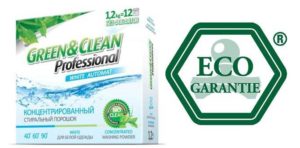 The composition of modern washing powders is sometimes simply frightening with its many components. Many of these substances are not even known to the common man, and therefore there is doubt as to whether they are safe for humans. One of the most discussed today are phosphates and pavas. What are these substances, what are their benefits and harms, and most importantly, what powders do not contain these substances, that's what we decided to write about.
The composition of modern washing powders is sometimes simply frightening with its many components. Many of these substances are not even known to the common man, and therefore there is doubt as to whether they are safe for humans. One of the most discussed today are phosphates and pavas. What are these substances, what are their benefits and harms, and most importantly, what powders do not contain these substances, that's what we decided to write about.
Phosphates and surfactants: what is it?
Advertising of washing powders constantly uses words such as surfactants, phosphates, phosphonates, zeolites and more. No less often you can hear phrases that surfactants and phosphates are very harmful and the less their powder contains, the better. What does all this mean? To begin with, we will deal with the categorical apparatus.
- Surfactants are active substances that, on the one hand, accelerate the dissolution of chemicals in water, and on the other hand, allow molecules of fat, paint, and other insoluble or hardly soluble components to bind to water molecules and to be washed out of the tissue. Surfactant is the basis of the effectiveness of washing powder.
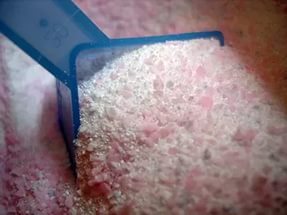
- Phosphates are phosphoric salts that dissolve well in water. They will not cause tangible harm to humans, but the environment is irreparable. The main task of phosphates is to make water softer, which means to enhance the washing effect of the powder.
- Phosphonates are substances (esters) that are a substitute for phosphates in washing powder. Some powder manufacturers have abandoned phosphates, since they cause obvious damage to the environment, and phosphonates are not so dangerous, so their use is preferable.
- Zeolites are sodium aluminosilicates, which are quite dangerous for human health, since they deprive the skin of a protective fat layer and cause allergies. Zeolites are considered to be the most environmentally friendly replacement for phosphates, but in fact, people pay for this environmental friendliness with their own health. Zeolites cause obvious harm to human health.
Zeolites are a more expensive and more dangerous substitute for phosphates for human health. In countries where phosphate powder is prohibited, manufacturers are forced to replace it with zeolites, but there is nothing good about it.
In percentage terms, the above chemicals can be distributed in the powder in different ways, everything will depend on the integrity of the manufacturer. When the content of surfactant in the powder ranges from 5-20%, the product is considered relatively safe. If the content of surfactants exceeds 30%, the product is considered quite dangerous. There are quite a lot of phosphates in washing powders up to 50% of the total volume, however, if at least half of the phosphates is replaced by phosphonates, this makes the powder much safer. And finally, zeolites can occupy up to 1/3 of the total volume of the powder, making the powder extremely toxic and dangerous.
What is the harm of these components and how to reduce it?
In general terms, it is clear that all of the above components in one form or another cause harm to the human body, but what exactly is this harm expressed in? Let's start with a surfactant. Surfactants are harmful to the human body, with the exception of surfactants of plant origin, since they, when exposed to human skin in sufficient quantities, destroy the protective fat layer of the skin. The skin of the hands, trunk, legs and face, having lost the natural protective layer, begins to dry, dermatological diseases occur, and immunity decreases.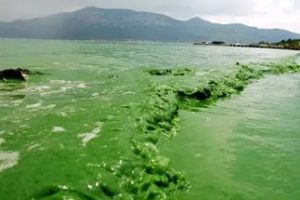
Surfactant-treated human skin ceases to be a reliable barrier to bacteria and viruses, as a result, the risk of getting something increases by 2.5 times. The harm is obvious. Phosphates do not cause noticeable harm to the human body, well, unless, of course, you decide to drink the water left after washing. But phosphates cause enormous damage to the environment. The fact is that phosphates do not decompose in the aquatic environment. It is also difficult to purify water from phosphates and they eventually end up in water bodies.
What happens next? Phosphates, falling into a natural body of water, accumulate there over time, stimulating the growth and development of gray-green algae. Algae flood the pond, quickly turning it into a swamp. And so, a couple of decades passed and in place of a large clean lake the same big, fetid swamp “flaunted”.
The damage from the above chemicals can be reduced by limiting their use, but they cannot be completely removed, since there is no adequate and sufficiently cheap replacement, and what exists does not lend itself to criticism.
Phosphate-free powder products
You can buy detergent that does not contain phosphates and surfactants in a large household chemistry store. Manufacturers of some of these powders are familiar to many young mothers. Such well-known brands as Ariel, Tide, Myth, Persil do not belong to them. You can see for yourself by reading the composition on the package. We offer a list of safe powders:
Sodasan Ecologocal Color - washing powder from Germany, which includes a natural soap based on herbs, citric acid salt, minerals, essential oil. It contains no components of animal origin. This tool has several certificates confirming the safety of the powder, its compliance with European standards. The price for a package of 1.2 kg is about 560 rubles.
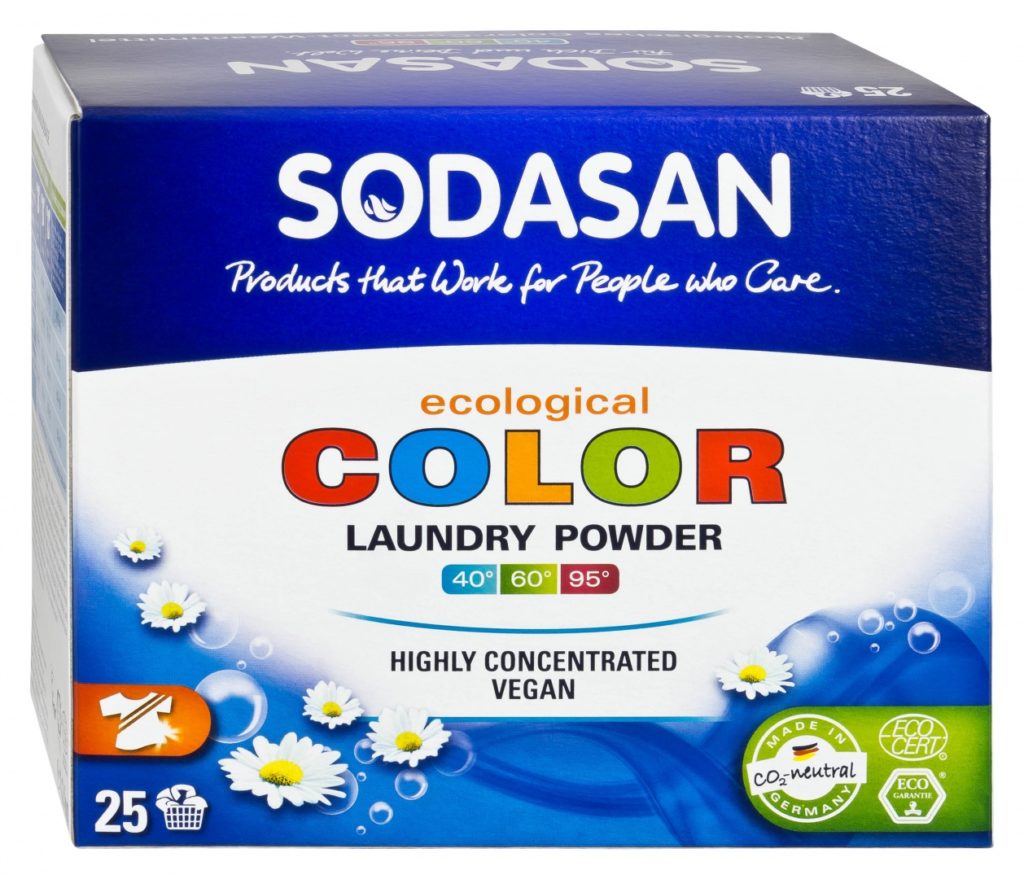
BIOMIO Color - a powder for washing colored clothes, suitable for the machine. The product is manufactured in Germany. This powder does not contain phosphates, but there are zeolites, which, as it turns out, are no less dangerous, there are also polycarboxylates based on palm oil, cotton extract, surfactants, and cotton extract. The composition is more or less harmless. However, such a powder is not recommended to wash clothes from wool, since enzymes will destroy the composition of the fibers of the fabric. According to the manufacturer, 1.5 kg packs are enough for at least 30 machine washings. It costs about 500 rubles.
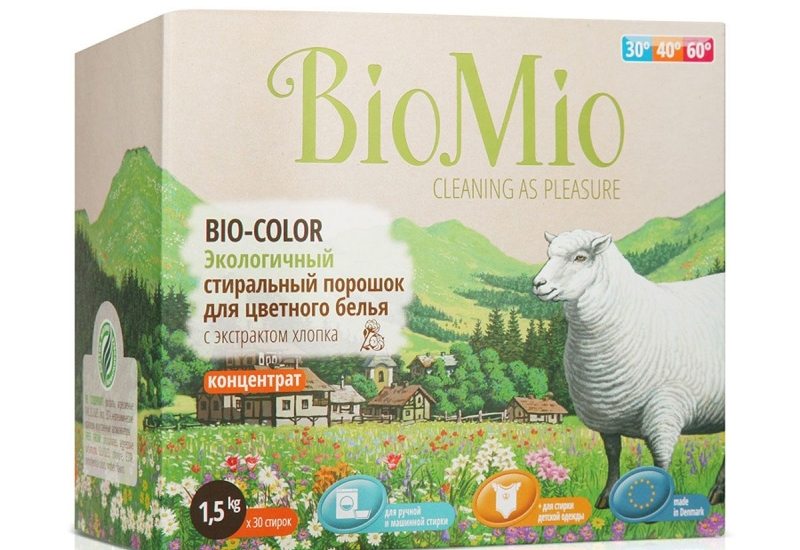
Klar Eco Sensitiv is another German-made powder. The main components of this powder are: soap nut, soap made from vegetable oil, oxygen-containing bleach, cyolites, salt, soda, citric acid, sugar surfactants, rice starch, sodium silica, a substance that enhances the effect of bleach. The powder is suitable not only for white, but also for well-colored laundry. The temperature of the powder is from 30 to 95 degrees. The powder is environmentally friendly, which is confirmed by the trademark Veran, approved by the Association of Allergy and Asthmatics. A package weighing 1.375 kg costs about 1000 rubles.
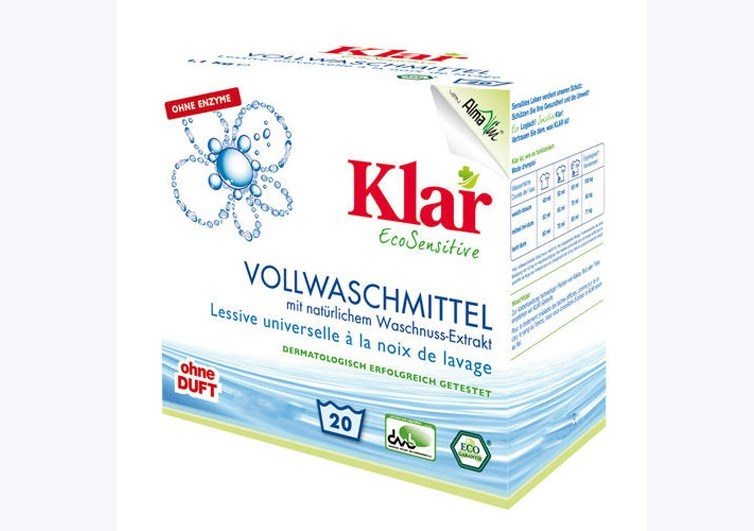
Ecover Zero - detergent without phosphates, made in Belgium. It includes bio surfactants, soap, zeolites, polypeptide, sodium bicarbonate, sodium sulfate. Simply put, it contains no banned chemicals. Such a tool can be used for both hand and machine wash for all types of fabrics. Concentrated powder - consumed little by little. Packaging 750 g costs about 700 rubles.
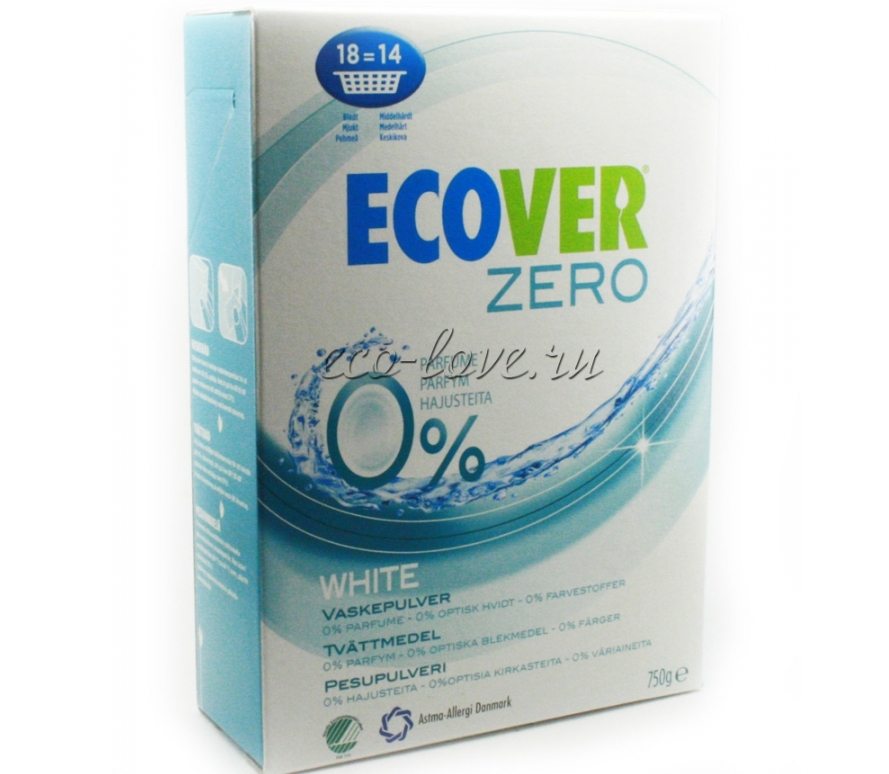
EcoDoo is a laundry detergent from France containing essential oils of rosemary and lavender. The main components are zeolites, surfactants, Alepps soap, consisting of fruits of laurel and olive oil, enzymes. Operating temperature is from 30 to 90 degrees, the powder is concentrated. The cost of 3 kg of powder is approximately 2200 rubles.
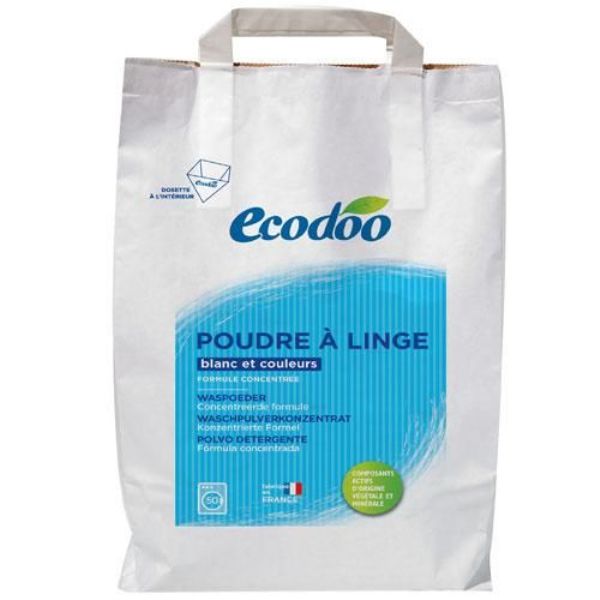
Mako Clean is an environmentally friendly washing powder manufactured in Russia. The composition of the product includes surfactants, enzymes, soap chips, antifoam, soda ash. In appearance it is a homogeneous white powder, without a pungent odor. A package weighing 1,350 kg costs about 700 rubles.
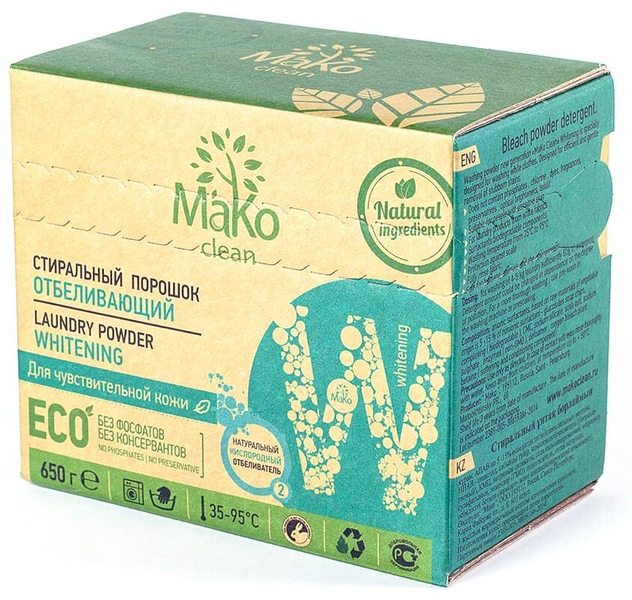
In addition to the above, powders can also be classified as safe from other manufacturers, the composition of their powders is slightly different from the above. Here is the list of manufacturers:
- AlmaVin;
- Mi & Co.;
- S.Herbals;
- Sonett;
- Nissan FaFa;
- Garden;
- Clever Free.
Note! In some European countries, for example, Austria, Germany, the Netherlands, phosphates are banned, as well as banned in Japan and South Korea, so look for powders made in these states.
So, phosphate-free washing powders are classified as ecological, but some of them can be no less dangerous if they contain European phosphate substitutes - zeolites. It is not possible to completely eliminate chemical substances from the powder, for example, surfactants, are present in absolutely all powders, except homemade powders. After all, then they will be ineffective. Just washing clothes, you need to rinse them well and do not increase the dosage of the powder. Wash correctly!
Interesting:
Reader Comments
- Share your opinion - leave a comment
Headings
Washing machine repair
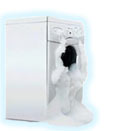
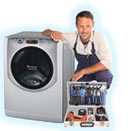
For buyers
For users
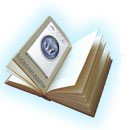
Dishwasher

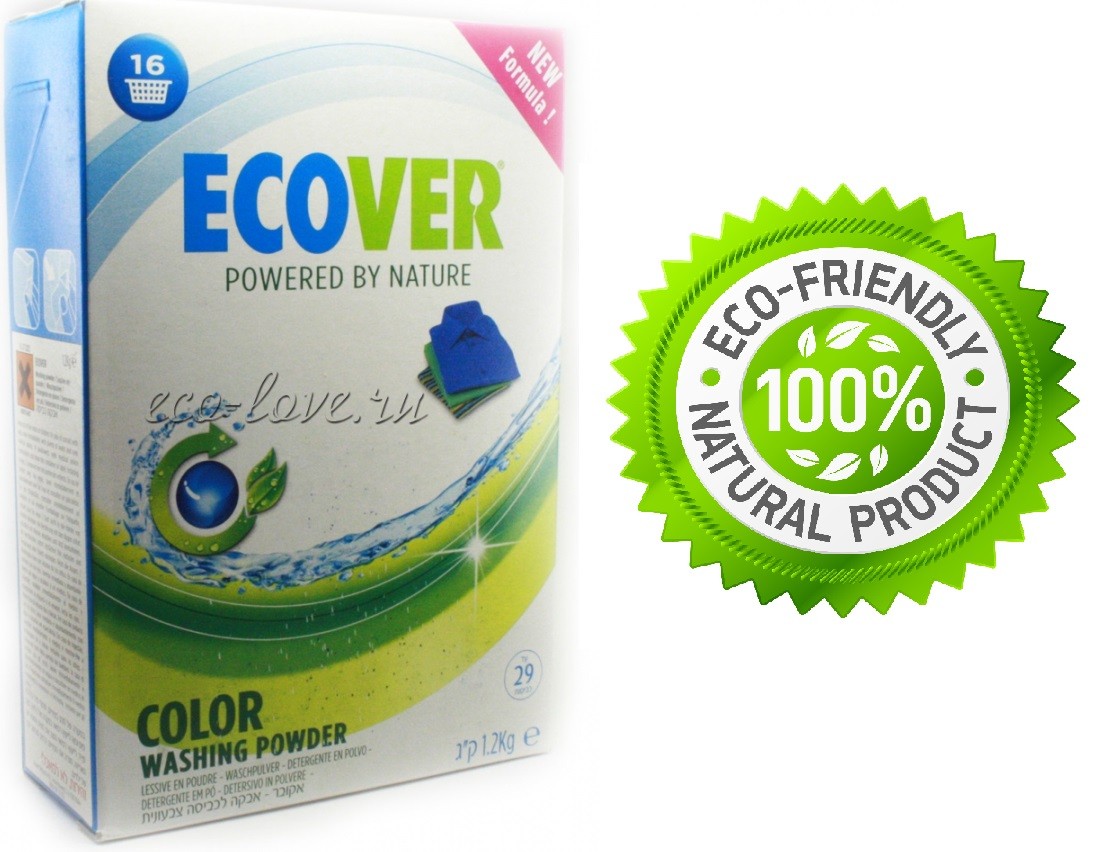
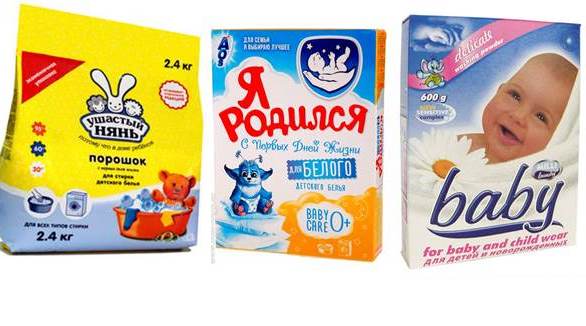
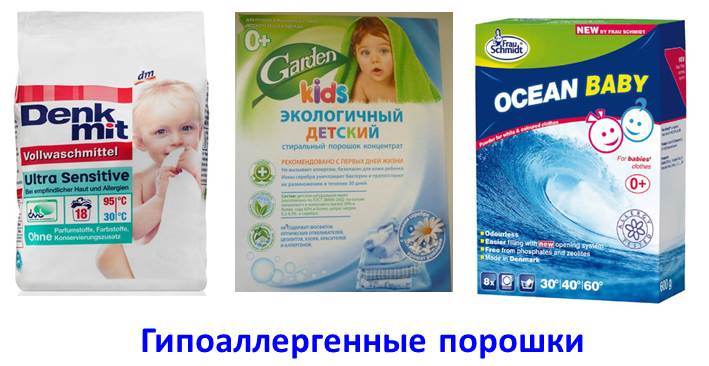
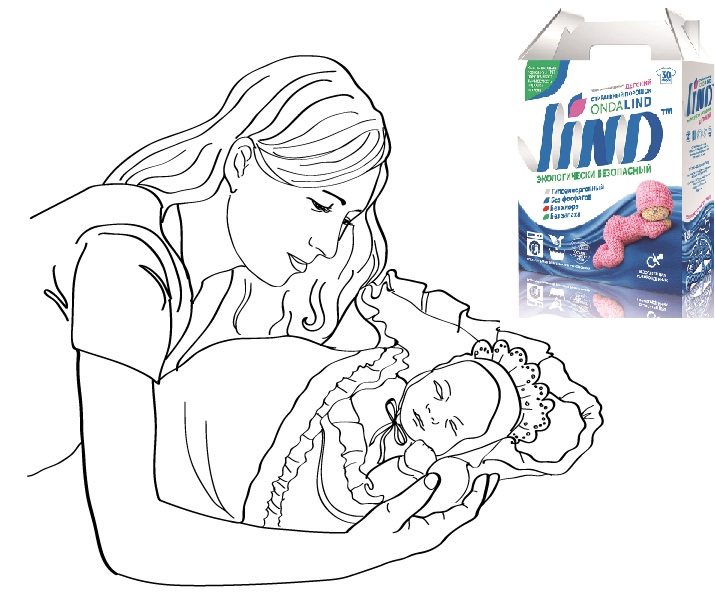
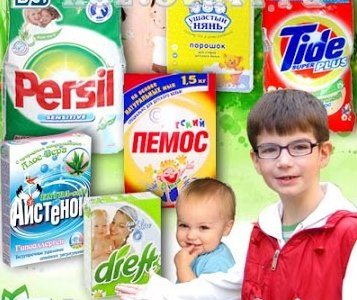
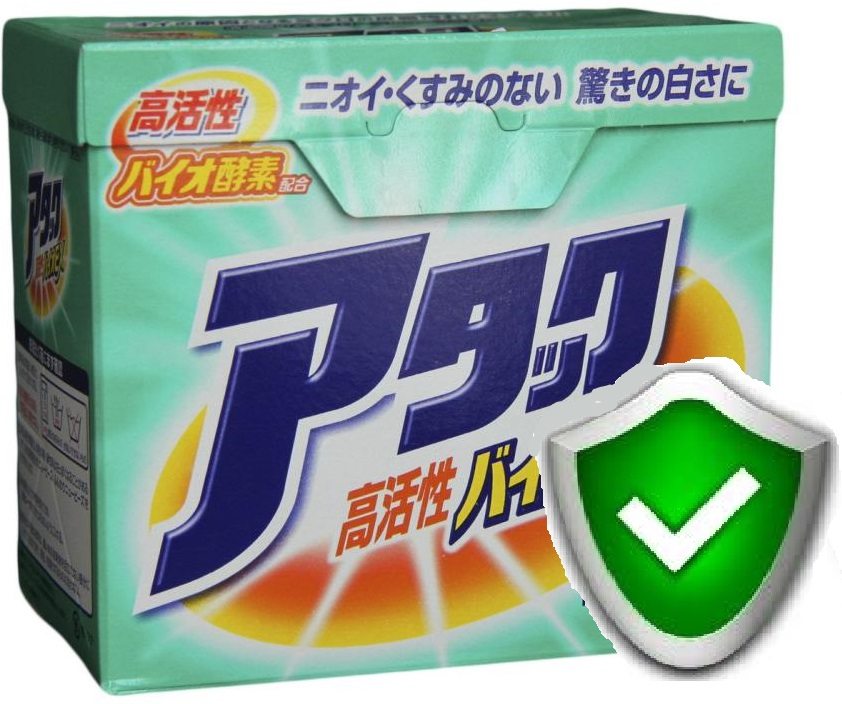
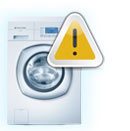
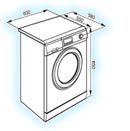
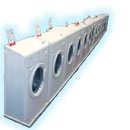
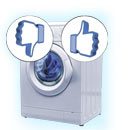
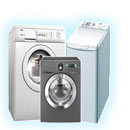
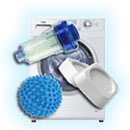
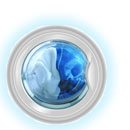
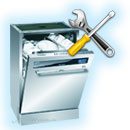
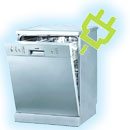
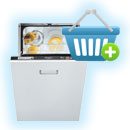
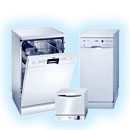
Add a comment